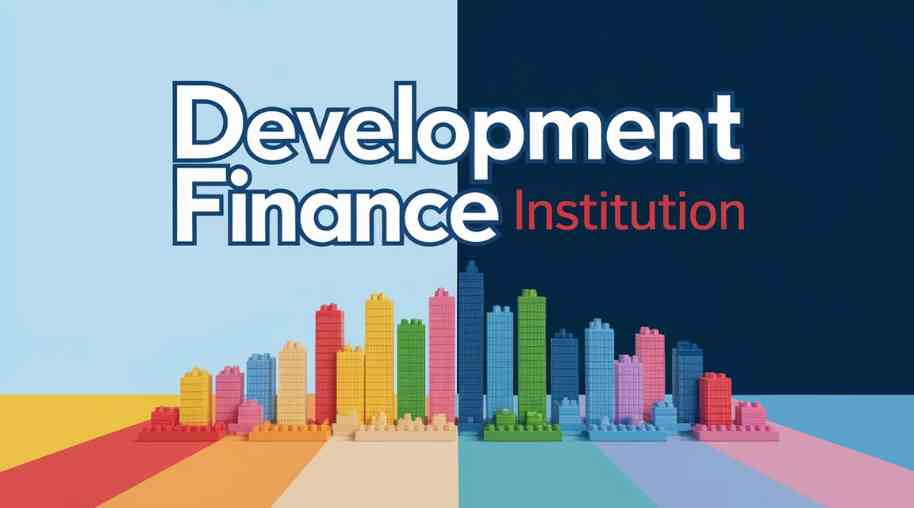







































Acumen gets $246.5 million for clean energy investment across Africa
 ARC
ARC
 GREEN
GREEN
 ACM
ACM
 WOULD
WOULD
Acumen, a leading impact investor, has leveraged the power of Development Finance Institutions (DFIs) to secure a $246.5 million fund targeted to expanding clean energy access in Africa’s hardest-to-reach markets.
The new initiative called “Hardest-to-Reach (H2R),” is a blended finance vehicle designed to expand energy access in sub-Saharan Africa’s most underserved markets. This strategic capital raise demonstrates a growing trend in impact investing, where philanthropic and private funds are combined with risk-tolerant DFI capital to unlock critical projects that traditional investors would deem too risky.
According to Acumen, the H2R initiative generated capital from several investors, including DFIs like the Green Climate Fund, IFC, and British International Investment, as well as private financiers and philanthropic backers such as South Korea’s Shinhan Bank. By bringing these diverse players to the table, Acumen is creating a model that leverages the unique strengths of each.
DFIs, in particular, provide the foundational, “first-loss” capital that de-risks the investment, making it more attractive for private sector partners. This approach is key to powering off-grid solar companies and other clean energy enterprises vital for bringing electricity to the 675 million people in Africa who currently live without it.

Acumen’s two-pronged approach to powering progress
Acumen’s H2R fund is structured to reach 70 million people across 17 countries, focusing on low-electrification regions like Malawi and Burkina Faso. It employs a two-pronged strategy to support clean energy ventures at different stages of growth.
The first vehicle, H2R Amplify, is a $189.5 million debt facility that provides impact-linked loans to more mature, growth-stage companies. This fund has already seen strong interest, achieving a first close of $123 million.
The second vehicle, H2R Catalyze, which is a $57 million flexible instrument, targets early-stage ventures by providing a combination of equity, grants, concessional debt, and technical assistance. This dual-vehicle approach follows a familiar blended finance playbook: use flexible, risk-tolerant capital to support early-stage ventures, then introduce larger commercial funding once a company has proven its operational viability.
While the model holds great promise, challenges remain. Off-grid and mini-grid developers still face significant hurdles, including high upfront costs, volatile currencies, and lengthy procurement cycles. Additionally, the operational complexity of measuring social outcomes tied to loan terms will be a key factor to watch.

The DFI backstory: Catalysts for change
The H2R initiative is a prime example of the critical role DFIs are playing in the global clean energy transition. DFIs are government-backed institutions that provide financing for private sector projects in developing countries.
Historically, their role was to support large-scale infrastructure and economic development. However, in recent years, their focus has expanded to include smaller, more innovative ventures that address pressing global challenges like climate change and poverty.
Unlike traditional commercial investors, DFIs can accept more risk and lower returns. In a blended finance structure like H2R, they provide the crucial “first-loss” capital. This means they are the first to absorb potential losses, which significantly reduces the risk for private financiers like Shinhan Bank, who are typically more risk-averse.
The participation of a commercial bank in this fund alongside DFIs highlights the effectiveness of this model in unlocking new sources of private capital for high-impact projects.

For observers, the key metrics of success will be the pace of fund deployment, the number of new power connections per dollar invested, and the long-term impact on local capacity.
Acumen’s H2R initiative is not just about funding; it’s a testament to the power of strategic partnerships and the catalytic role of DFIs in building a sustainable and scalable clean energy ecosystem in Africa.
See also: Kenya’s EV startup, ARC Ride secures $10 million from Mirova

